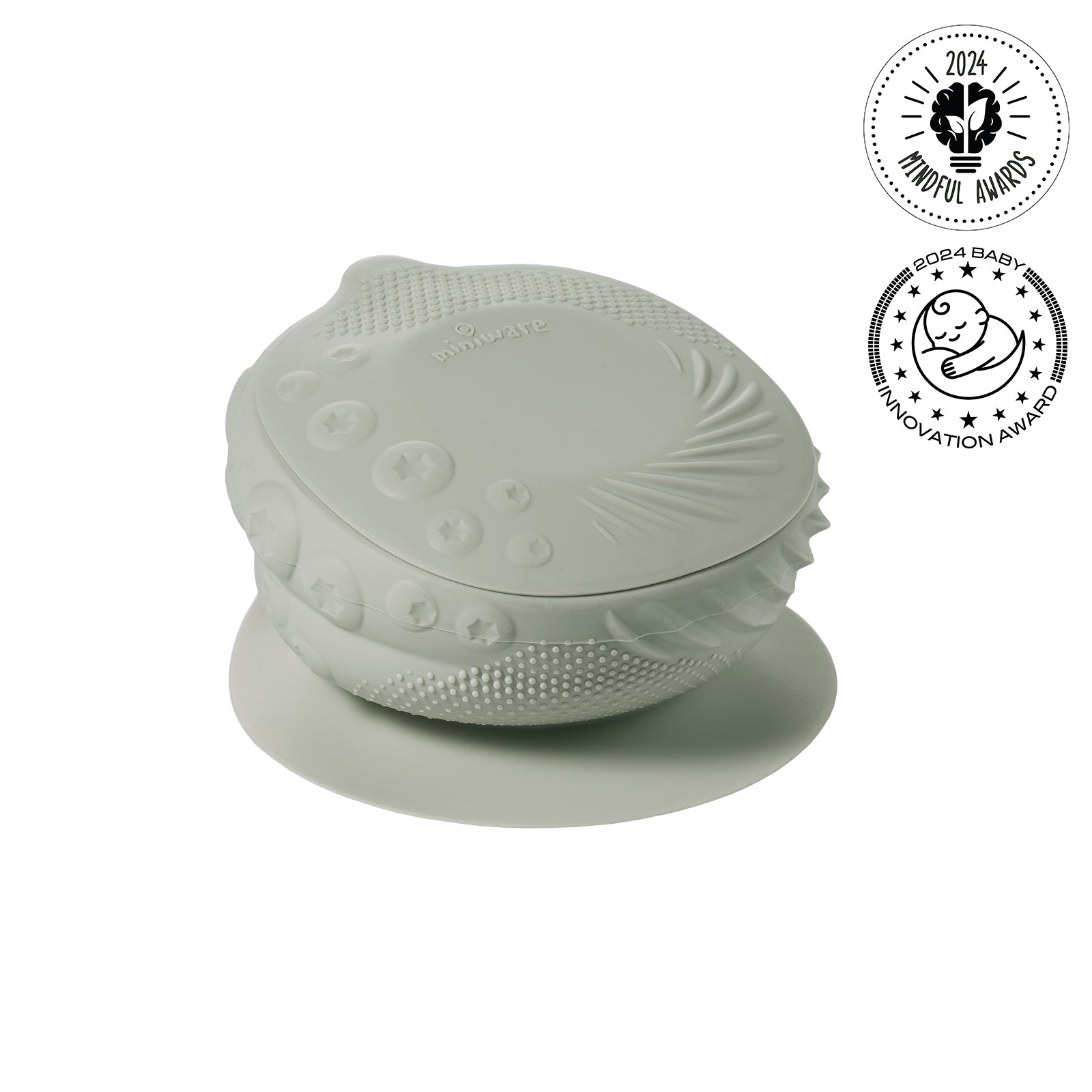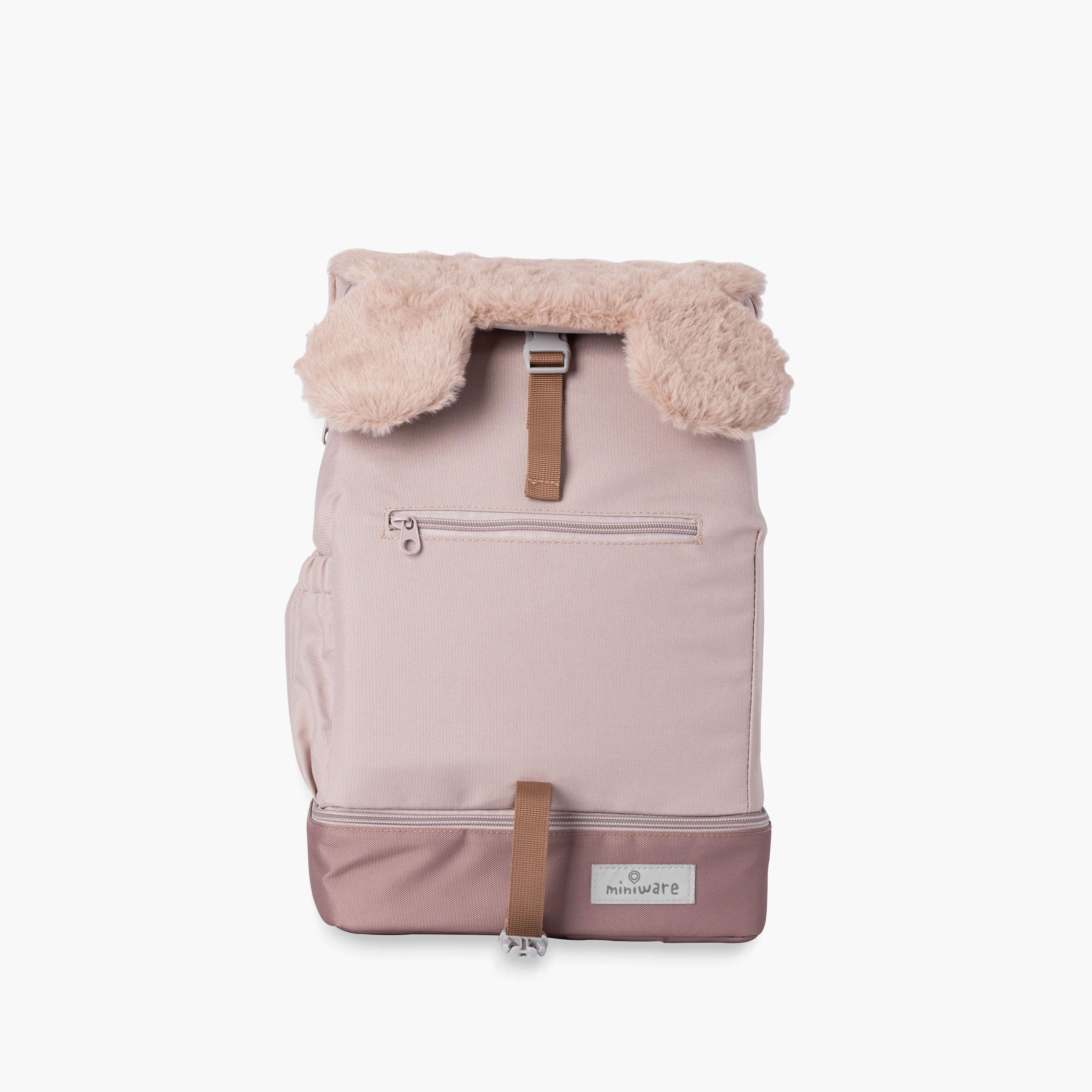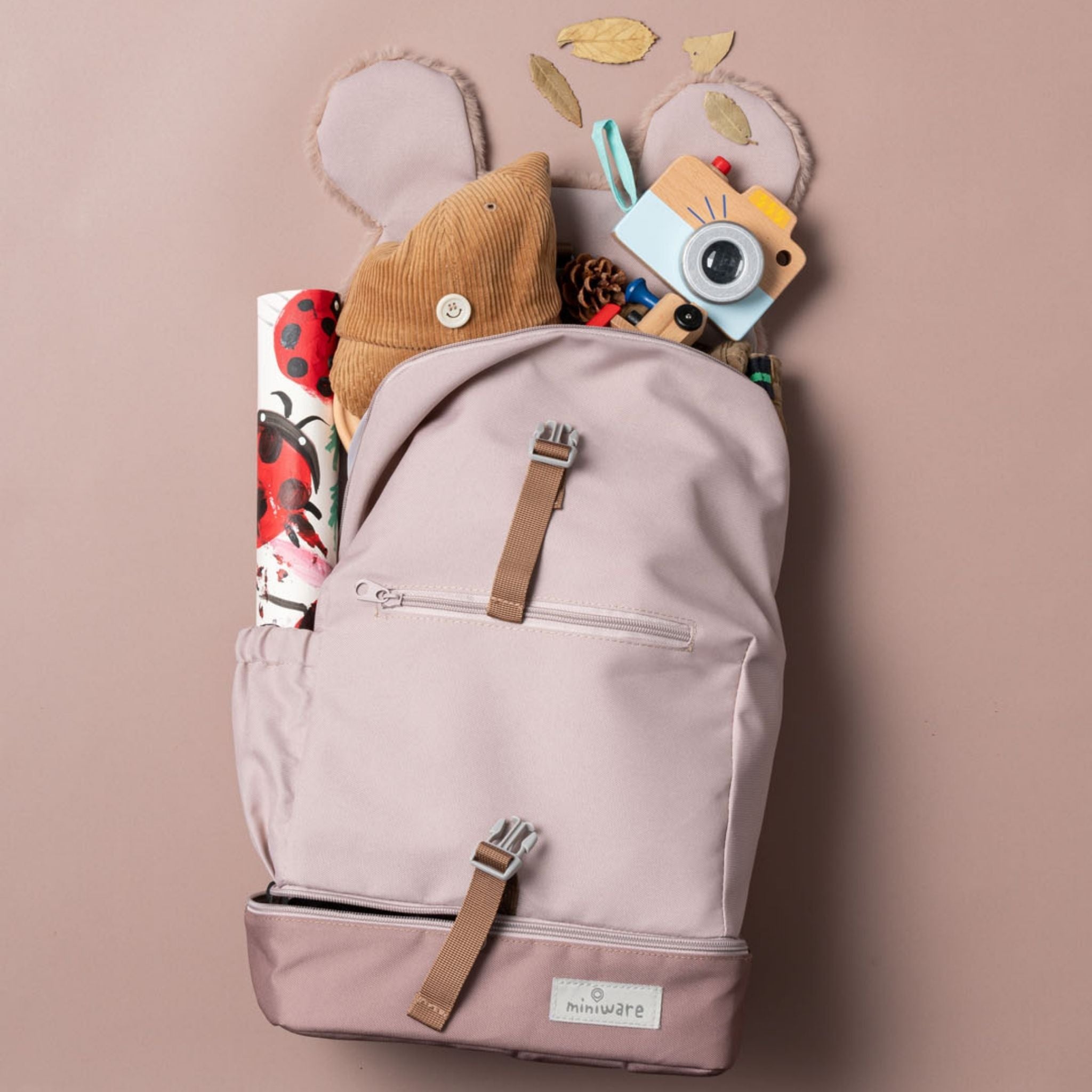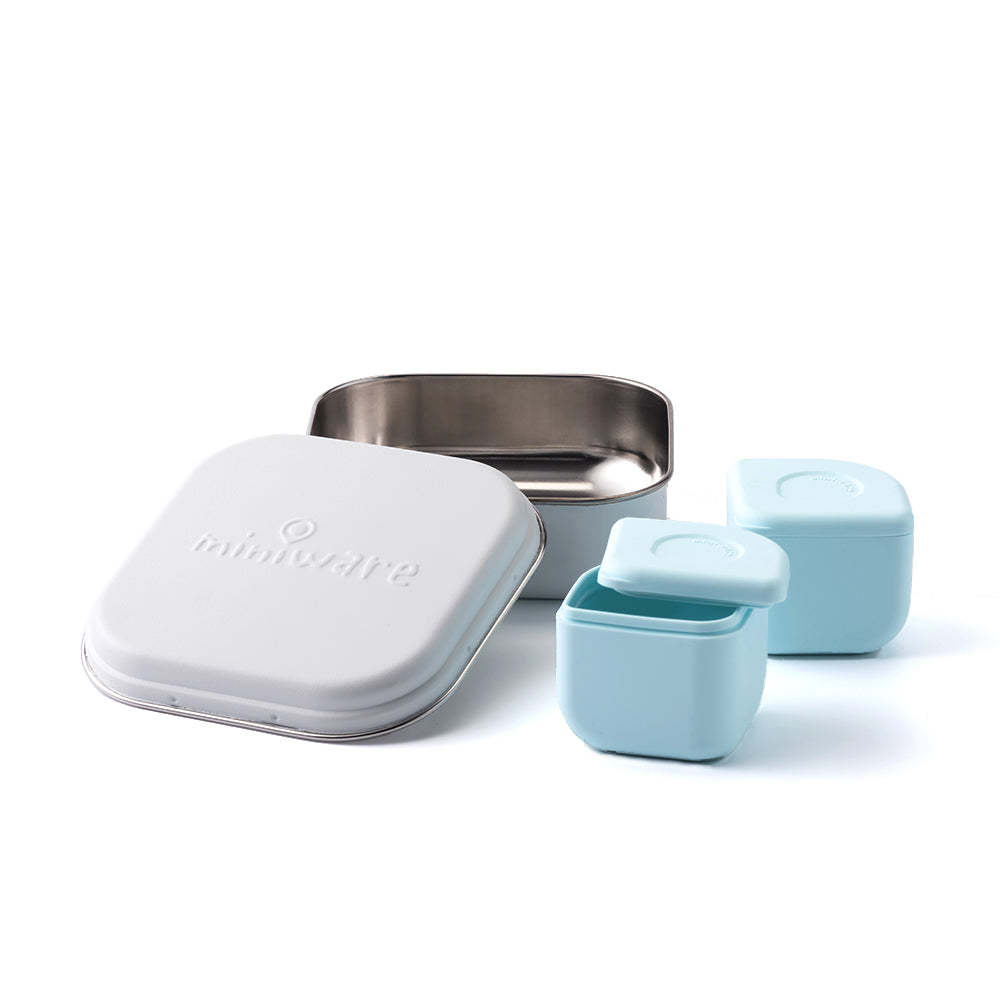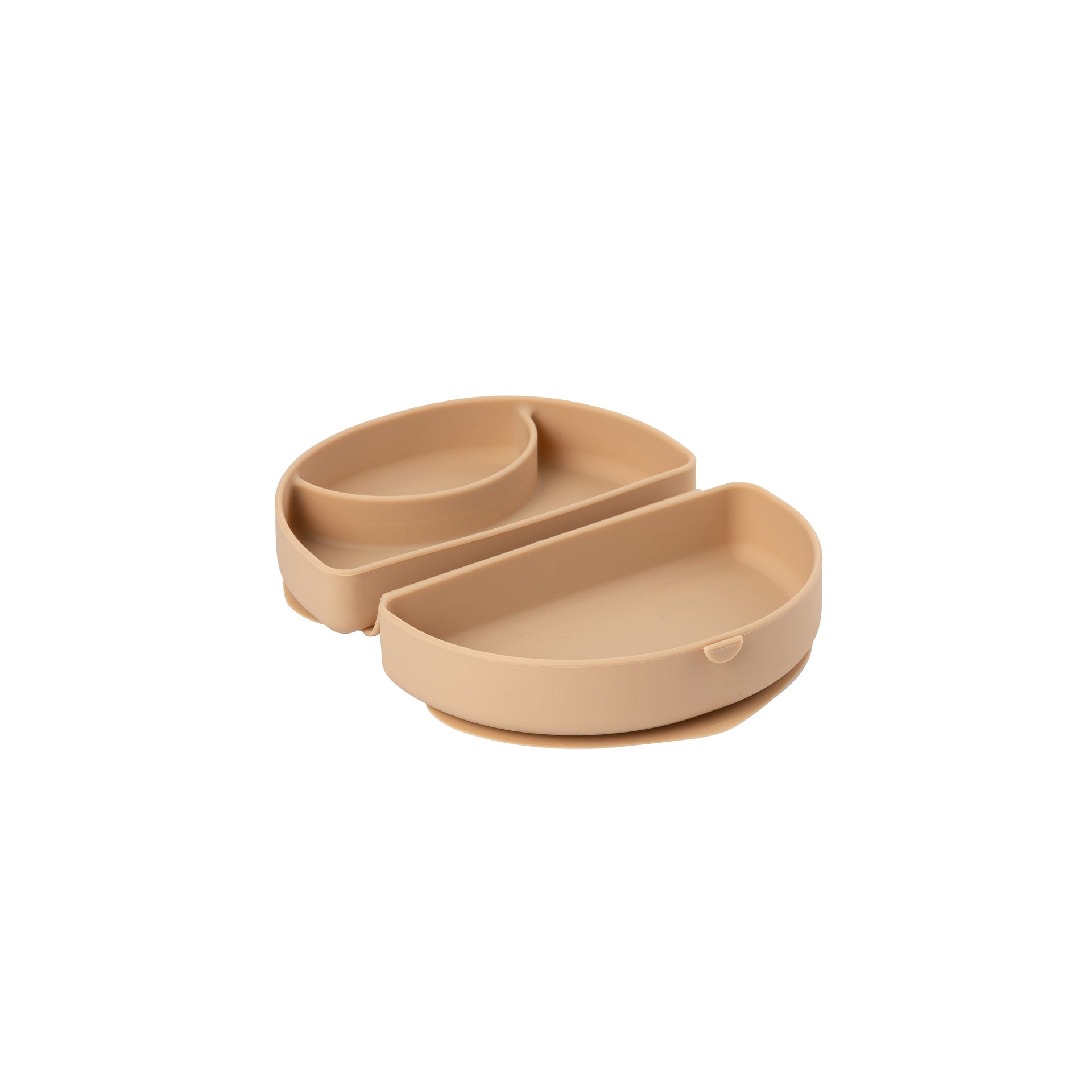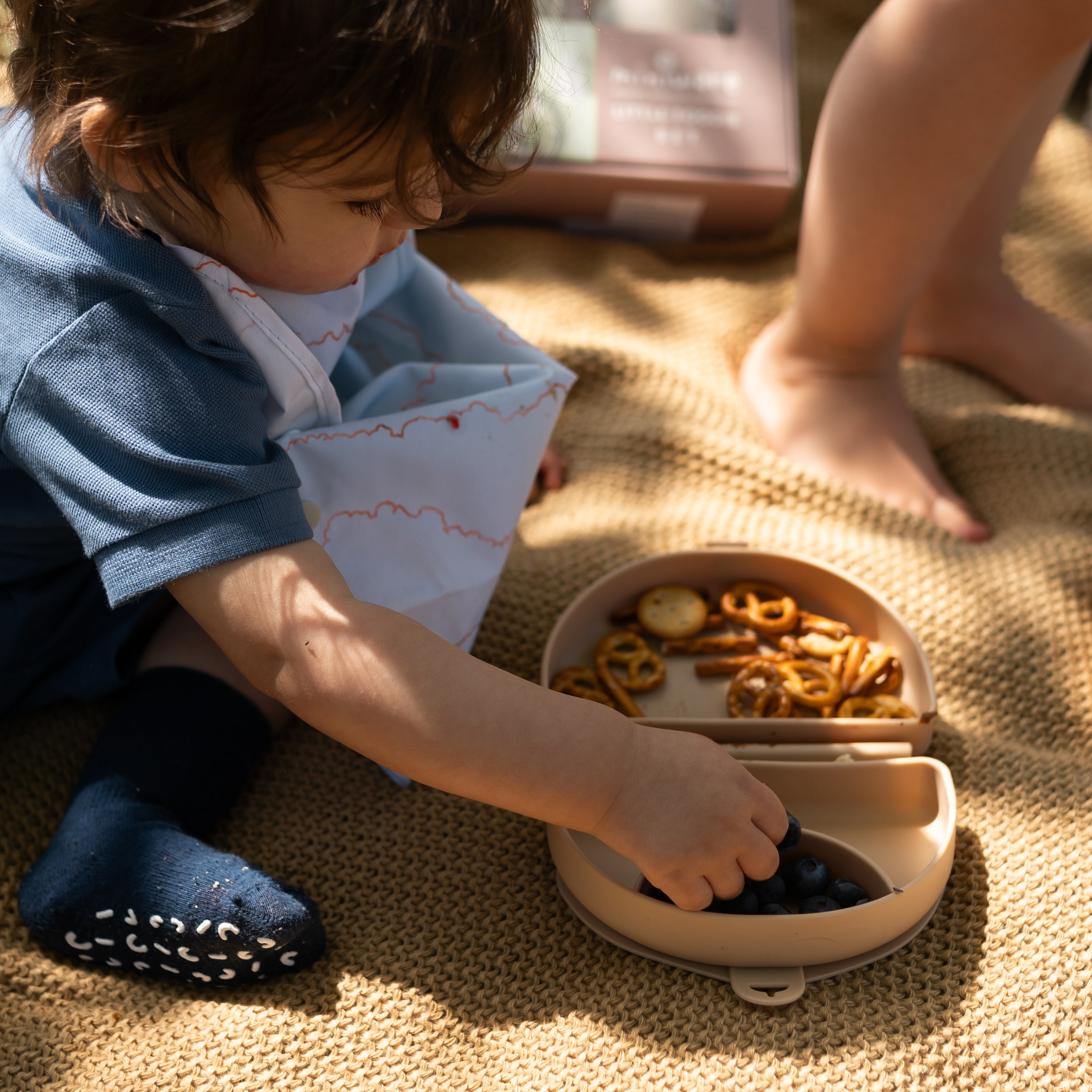One of the best ways to reduce household waste is to eliminate it before you bring it home. Many people make an effort to reduce single-use products, a major source of solid waste. We bring our own straws and spoons, avoid plastic bottles and carry our own shopping bags. However, one area that is easily overlooked is packaging, the ultimate single-use product. Once we unbox or unwrap a product, the packaging is discarded.
Excessive packaging has become commonplace, especially in this age of rapid-delivery retail. According to the EPA, packaging, and containers make up nearly 30% of municipal solid waste and only a fraction of these products are recycled.
Plastic packaging, in particular, is one of the highest generated types of packaging yet the least recycled. China, a leading recycler of US waste products, recently banned the import of any international plastic waste to protect its own environment and people’s health. By choosing low- or no-packaging products for your home, you’re making a conscious choice to lessen the impact your family has on the environment as well as rewarding companies who are being proactive about implementing earth-friendly practices.
Here are some quick ways to reduce household waste in your family through smart shopping:
- Carry reusable shopping bags for loose produce. Whether you’re at the supermarket or the farmer’s market, there’s no need to separate produce into small plastic bags or bubble packs. Larger produce is fine on its own in a cloth shopping bag and smaller, loose products can be bundled together (think long beans). When purchasing herbs, opt for loose bunches and avoid plastic clamshell-packed brands. Many Asian groceries bundle small produce in leaves to reduce waste!
- Choose packaging-free products whenever possible. Be mindful of products that come with excessive packaging. If one brand’s product comes in a box or plastic shell while another’s is displayed without packaging, opt for the one with minimal or no packaging. Keep an eye out for brands with “zero-waste packaging” standards or Amazon’s “frustration-free packaging.” Shopping for quality secondhand goods is a great way to save money and reduce packaging waste!
If you can’t avoid unnecessary packaging, look for items packaged in a single, non-shiny material such as plain cardboard. Combined materials such as shiny paper boxes and gift bags, or plastic shells with film applied require special processing to recycle and often end up in our landfills instead.
- Shop smart, even online. When reviewing product details on Amazon or other online retail sites, make a note to check the product packaging notes. Also, combine your products into as few shipments as possible when the option is available to reduce cardboard and shipping waste. Better yet, buy locally and eliminate shipping waste altogether!
- Make your voice and choice heard. If you purchase a product online that arrives in excessive packaging, let the manufacturer and retailer know. Send the seller a note and let them know you disapprove of their wastefulness and will choose another brand next time.
Do you have favorite zero-waste packaging brands you love? What are your favorite ways to reduce household waste? Let us know on our Instagram page.
